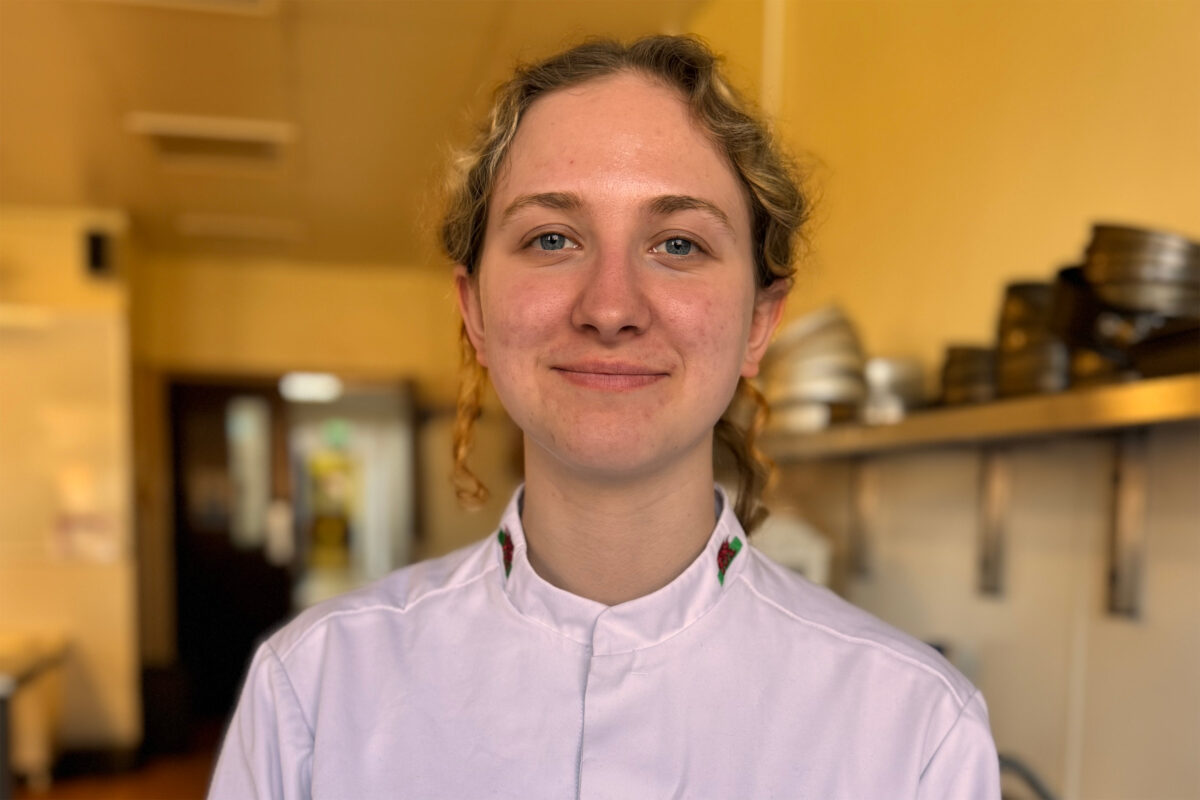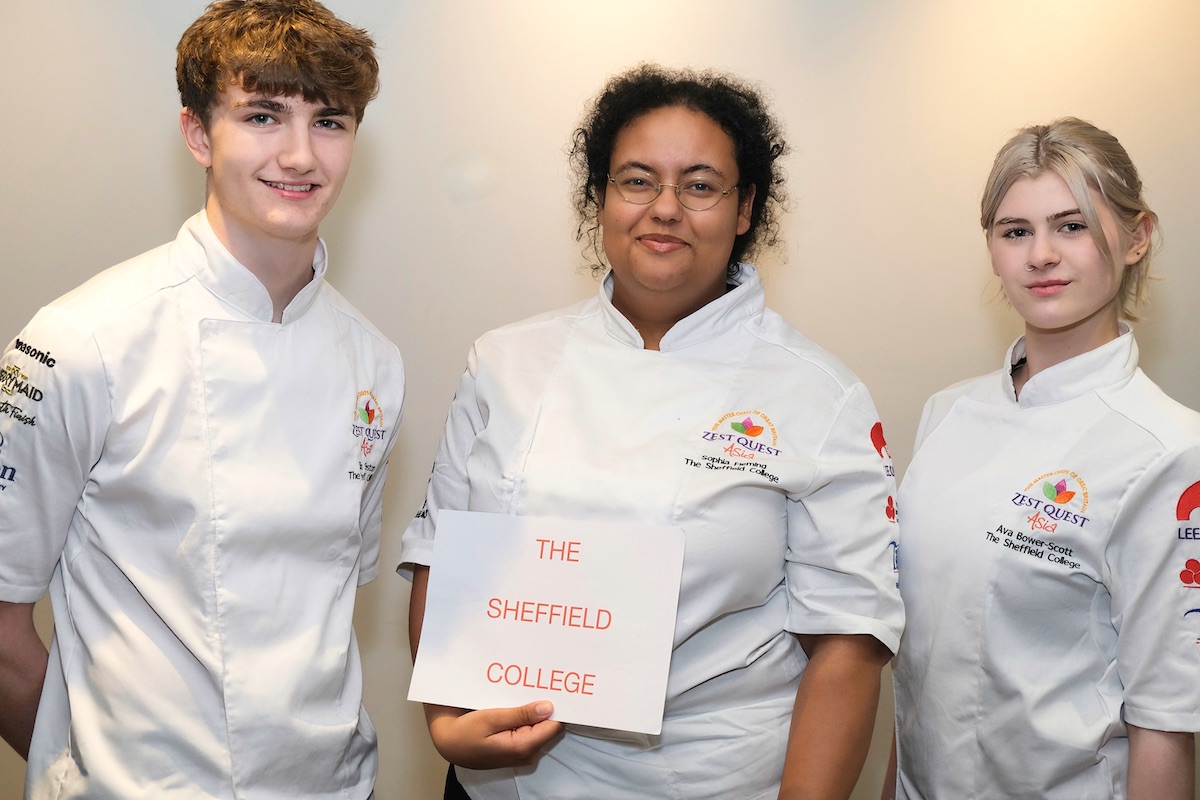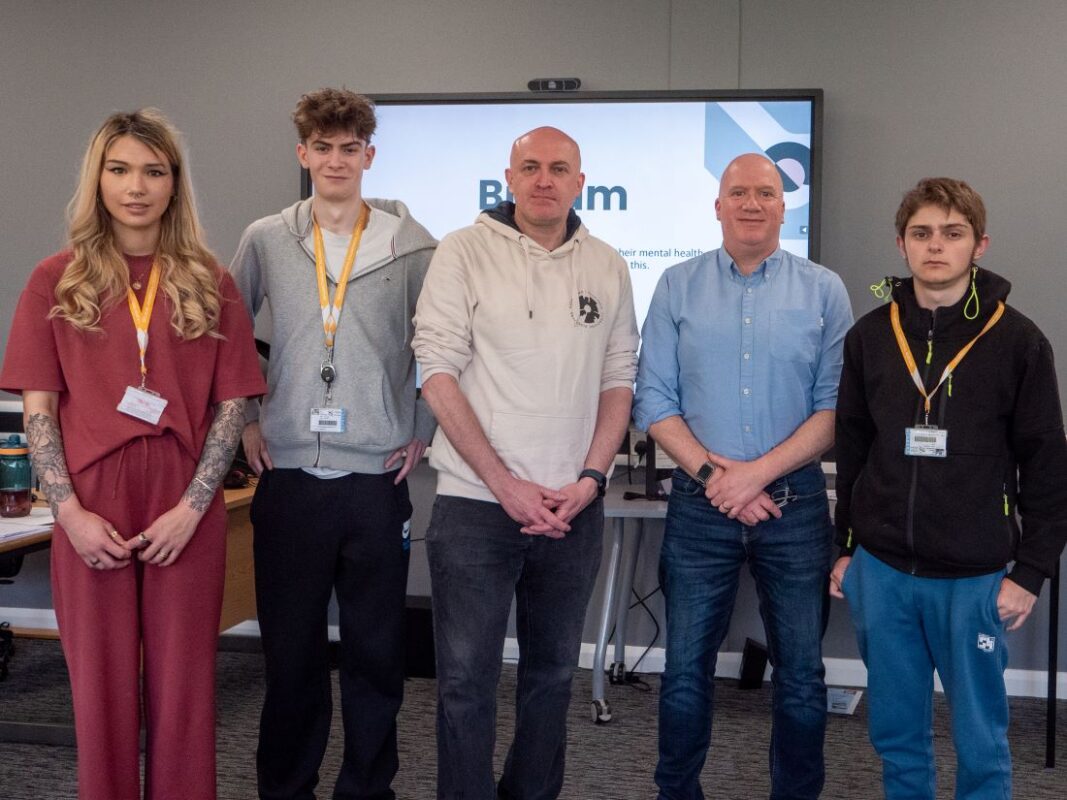E-learning course helps education professionals to support care-experienced and estranged students

Transitioning from Further Education (FE) to Higher Education (HE) can present a unique set of challenges for students who are care-experienced or estranged from their families. These include a lack of support networks and financial difficulties.
As an education professional, a better understanding of these challenges can enable you to create a supportive and empathic learning environment.
To help you find out more about the barriers to success, how they might affect the students’ time in education, and the support that is available, Go Higher West Yorkshire (GHWY) has produced a free e-learning course. This has been funded in part by the Office for Students’ Uni Connect programme.
The training is aimed at all staff who have contact with students, as we may not be aware who has come through the care system or has no contact with their family. This includes but is not limited to lecturers and tutors, and those who work in outreach, student success, careers, and marketing.
GHWY, which is a partnership of 13 HE providers in West Yorkshire, worked closely with the Virtual School in Leeds and the charity Stand Alone to help develop the course. We also drew on our own experience of working to support care-experienced and estranged students to produce the content.
Our other activities include an innovative programme of CPD for foster carers and children’s home staff, and being the country’s first organisation to produce a collaborative Care Leaver Covenant, which was hailed as an example of good practice by organisations such as the Centre for Social Justice.
What is care-experience and estrangement?
There is currently no universally accepted definition of care-experience or estrangement, which can make it harder for young people to self-identify and therefore access support that is available.
UCAS defines care-experienced people (sometimes known as care leavers) as those who, “have spent time living with foster carers under local authority care, in residential care (e.g., a children’s home), looked after at home under a supervision order, or in kinship care with relatives or friends, either officially (e.g., a special guardianship order) or informally without local authority support.”
Estranged people (sometimes known as independent students) are defined by Student Finance England as having, “little or no contact with their parents (either biological or adoptive) and this is unlikely to change.” They differ from the care-experienced group because this estrangement generally happens after the age of 16. This can be caused by abuse or parents not being supportive of the person’s sexual orientation, among other things.
Challenges for care-experienced and estranged young people
Structural and situational factors contribute to the school attainment rate of care-experienced and estranged people as a whole being lower than their peers, particularly at key stage 4. This equality gap continues into access, progression, and success rates when they enter HE.
The Office for Students (OfS) found that the overall continuation rate of estranged and care-experienced students was up to 8.2 percentage points lower than their peers in 2017-18. It also found that these students were up to 13 percentage points less likely to achieve a first or 2:1 than their peers.
Factors that can drive these rates include a lack of financial support, meaning students have to work alongside their studies; low expectations from school and college staff, who might not be properly equipped to give students access to the right support; and a lack of positive role models, which can make them believe that HE is not an option for ‘people like them’.
E-learning course
GHWY’s e-learning course will help you to counter some of the challenges faced by care-experienced and estranged people in education.
The self-guided modules will improve your understanding of the barriers that students face and increase your awareness of the support that is available for them. In so doing, it will equip you to address concerns that many students have about education, and help you to welcome them into an environment where staff have an appreciation of their possible experiences and needs.
The course includes the following topics:
- Understanding the range of possible experiences of care-experienced and estranged students, including some potential impacts of growing up in care and how this can affect mental health
- Key definitions of care-experienced and estranged, including an awareness of how they can differ between institutions
- Understanding some of the possible barriers to success for these students, including low self-confidence and lack of support networks
- Understanding some ways which may be helpful to support these students, including bursaries, communication tips, and named contacts
- Signposting to find more information and resources, including dedicated pages on UCAS and national charities
Each module includes student voice to illustrate the points discussed. They also feature interactive elements to test your knowledge and learning.
The full course takes approximately 90 minutes to complete. Each module can be taken at your own pace and because we know education professions are always time pressured, they do not all have to be taken in one sitting.
Enrol for our Understanding and Supporting Care-Experienced and Estranged Students e-learning.
E-learning feedback and background
People who have completed GHWY’s e-learning course have given it positive feedback, highlighting its use of statistics and student voice to provide a greater understanding of first-hand lived experiences.
One HE staff member said: “I found the information about care leavers’ strengths to be really interesting – a great way of focusing on the positives of their experiences and what these can bring to the HE context.”
Another person said: “The different definitions of care-experienced children introduced some new concepts for me.”
“Information about what practitioners can do to help” estranged students was found to be particularly useful by another person.
The course was piloted in April 2022 with HE staff from two of GHWY’s member institutions: Leeds Beckett University and University Centre Leeds. It has been updated in response to feedback to make sure it meets the needs of its target learners.











Responses